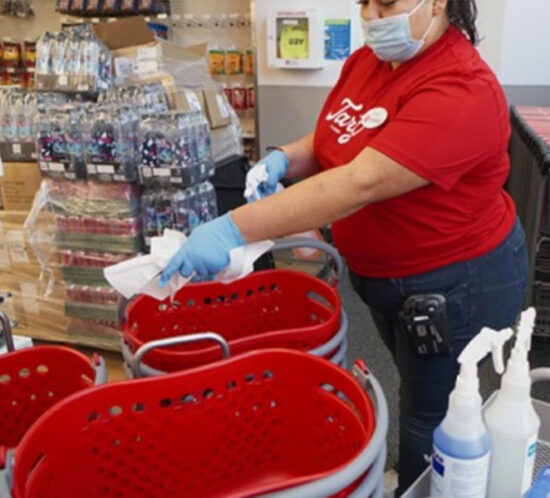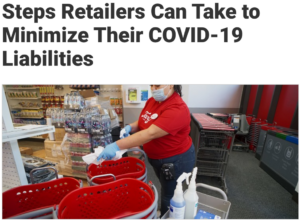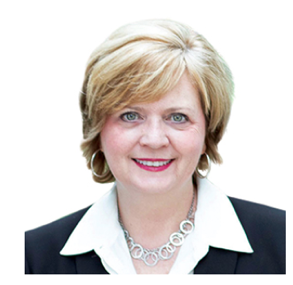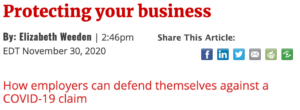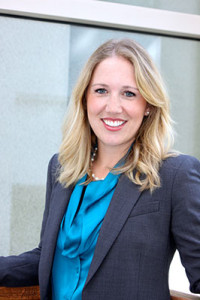Female mentorship can help narrow the gender gap

Over this past, difficult year, a good mentor in the workplace has been a necessity. In an article published by Smart Business, Perez Morris attorney, Celia M. Schnupp, discusses how she previously relied upon coworkers, members of local professional associations, and other local connections for most of her career. But during the pandemic barriers created by distance were removed. Celia offers ideas to consider when facilitating your own mentorship model and journey including virtual tools, finding the right mentor, instilling accountability in the workplace, and understanding how female mentorship can work to narrow the gender gap.








